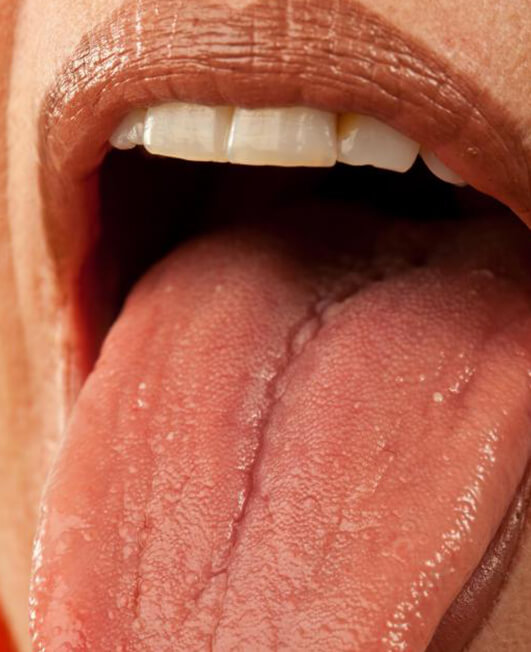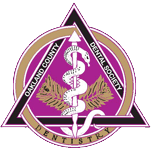Dry mouth, also known by its medical name, “xerostomia” is a condition characterized by either a lack of saliva or a decrease in its flow. Since saliva plays an important role in aiding digestion and maintaining good dental health, the consequences of xerostomia can be significant.
Three pairs of major salivary glands along with hundreds of minor salivary glands inside your mouth produce approximately 2-4 pints of saliva every 24 hours. Composed of 99% water and 1% electrolytes, enzymes and proteins; saliva washes over the teeth and surrounding soft tissues to cleanse and protect them from germs, tooth decay, and gum disease. Saliva also plays a key role in keeping the mouth lubricated and comfortable, so that food can be moved through the mouth easily for purposes of chewing, tasting and swallowing.
A lack of saliva makes simple oral functions more difficult and causes germs to increase in your mouth. More germs lead to bad breath, dental decay, gum disease, and provide the groundwork for a host of oral infections.






